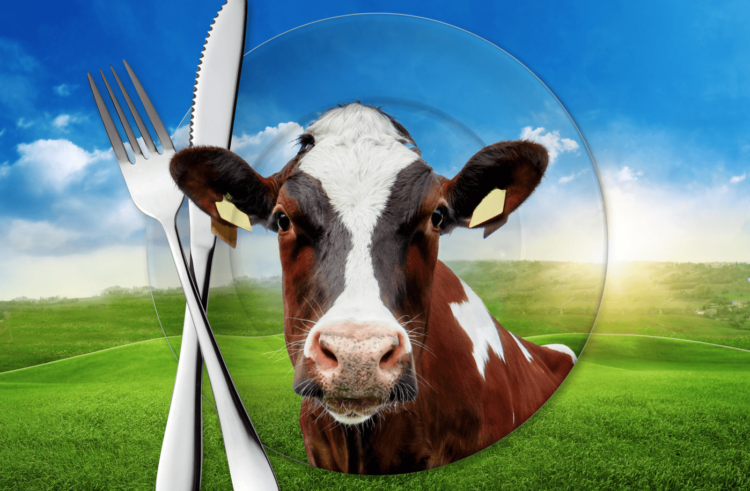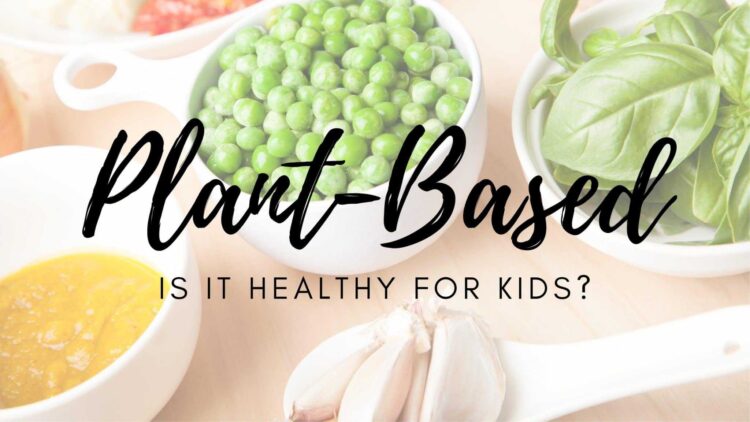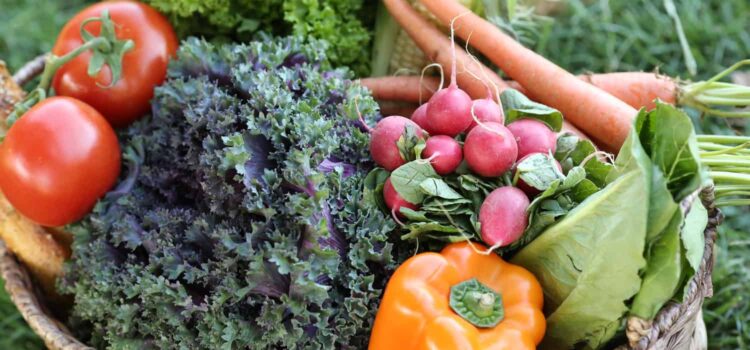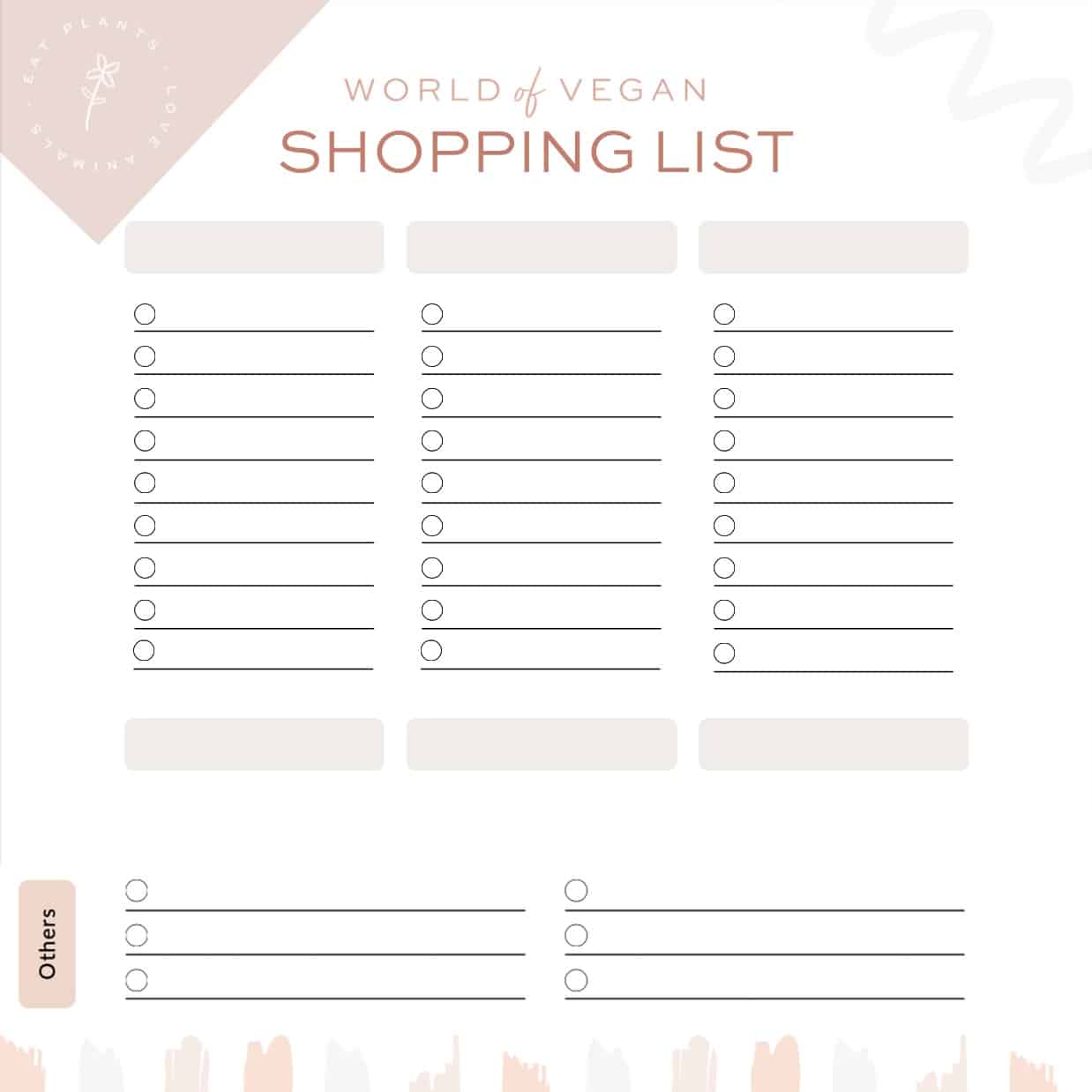Why Food Matters—Disease Prevention & Treatment Through a Plant-Based Diet


As rates of obesity, heart disease and type 2 diabetes continue to soar, “What should I eat?” has become one of the most important questions of the 21st century. As a doctor specializing in the diagnosis and treatment of digestive health problems, my patients ask me this question all the time. I believe that they deserve evidence-based answers.
Each one of us knows intuitively that food can play a vital role in helping us to improve our health, optimize our quality of life and even to heal and recover from illness. The scientific evidence shows that this is absolutely true. Food is medicine.
To maximize your chances of health right now and into the future, to reduce your risk of chronic illness and to add healthy years to your life, you must start with the food on your plate.
After years spent examining the research on diet, nutrition, gut-health and overall health, I am convinced that the more plants and the fewer processed foods on our plates the better.
The logical conclusion? A whole food, plant-based diet. A diet that is built from the nutritious foods that humans have thrived on for centuries—fruits, vegetables, beans, whole grains, nuts and seeds—can produce incredible benefits in both preventing chronic disease and restoring true health. Whether we are aiming to prevent or treat:
- Heart disease
- Type 2 diabetes
- Obesity
- Irritable bowel syndrome (IBS)
- Crohn’s disease (IBD)
- Digestive cancers
…or any of the diseases that have become so common in the 21st century, a plant-based diet has something to offer.
I now start conversations with my patients by asking about the foods they eat each day. By putting more plants on their plates, I have seen individuals of all ages improve both their gut health and overall health, lose weight, improve their mood and even reverse long-term illness.

A nutrient-rich approach to food
A plant-based diet has been consistently rated as one of most nutrient-rich dietary patterns available to humans, meaning that most of the common deficiencies that drive poor health are far less likely to occur. A healthy plant-based diet contains more of the following than a diet that includes meat and dairy:
- fiber
- folate
- vitamins A
- vitamin C
- vitamin E
- thiamine
- riboflavin
- magnesium
- healthy oils
- copper
- iron
Joining the plant-based diet revolution isn’t about becoming vegan, or vegetarian, or applying any other label to your diet or lifestyle. It’s about simply choosing to build all of your meals (or most of them) from the foods that have consistently been shown to benefit human health.
The weight of scientific evidence overwhelmingly favors a whole-food, plant-based diet as the optimal choice for human health and longevity. The more plant-based, the better.
Why I want you to max out your plant diversity!
There are more microorganisms living within each of our digestive systems than there are trees on planet Earth or stars in the Milky Way. These microscopic bacteria, archaea, viruses and yeasts make up your gut microbiome, which contains 10 times more cells and 100 times more genetic material than the rest of your body combined.
As you embark on your plant-based diet revolution, the friendly microbes of your gut microbiome will become your crucial allies. Between 2012 and 2017 a team of US-based researchers set out to discover the factors that influence the health of the human gut microbiome in the industrialized world. They completed a detailed analysis of more than 11,000 volunteers, most of whom lived in the UK, the USA and Australia.
The results of what became known as the American Gut Project reveal that when it comes to food, the number one predictor of a healthy gut microbiome is the diversity of plants in your diet. Participants who ate more than 30 different plants per week had unique fibre-loving bacteria that just weren’t found in people on a plant-deprived diet. Among the 11,000 volunteers who took part, fewer than 1 in 250 were hitting that magic number of 30 different plants per week.
I’m not asking you to eat thousands of different fruits, vegetables, legumes and whole grains, but I am strongly suggesting that we can all benefit from increasing the diversity of plants in our diets. Try it for a week. Keep a running total for each meal and snack to find out how many plants your microbes are getting to ferment. Can you reach more than 30?
Hope in the time of COVID-19
The coronavirus pandemic has placed a grim spotlight on just how common poor underlying health has become. In the US, heart disease now affects more than 1 in 12 working adults, and more than 1 in 5 have been diagnosed with multiple long-term medical conditions. Here in the UK, over four million people are now living with type 2 diabetes, a condition that barely existed fifty years ago.
But hidden among these sobering statistics is a message of hope: many of the chronic health conditions that reduce our quality of life and deprive us of productive years can be prevented, halted, and even reversed by a healthy lifestyle and a healthier plant-based approach to food!
Related Vegan Health & Wellness Articles
- Vegan Nutrition Guide: How to Get All Your Nutrients As A Vegan
- Guide to Vegan Registered Dietitians
- The Low-Down on Soy—There’s No Reason to Be Afraid
This Why Food Matters article is extracted from The Plant-Based Diet Revolution: 28 Days to a Happier Gut and a Healthier You written by vegan gastroenterologist and general physician Dr. Alan Desmond. The information presented here is not to be construed as medical advice or used to diagnose, treat, cure or prevent any condition or disease.











Leave a Comment